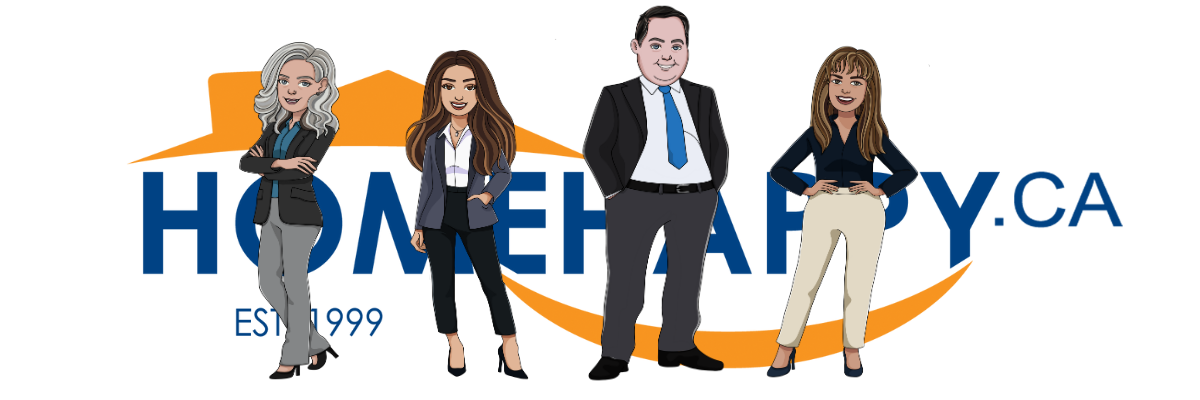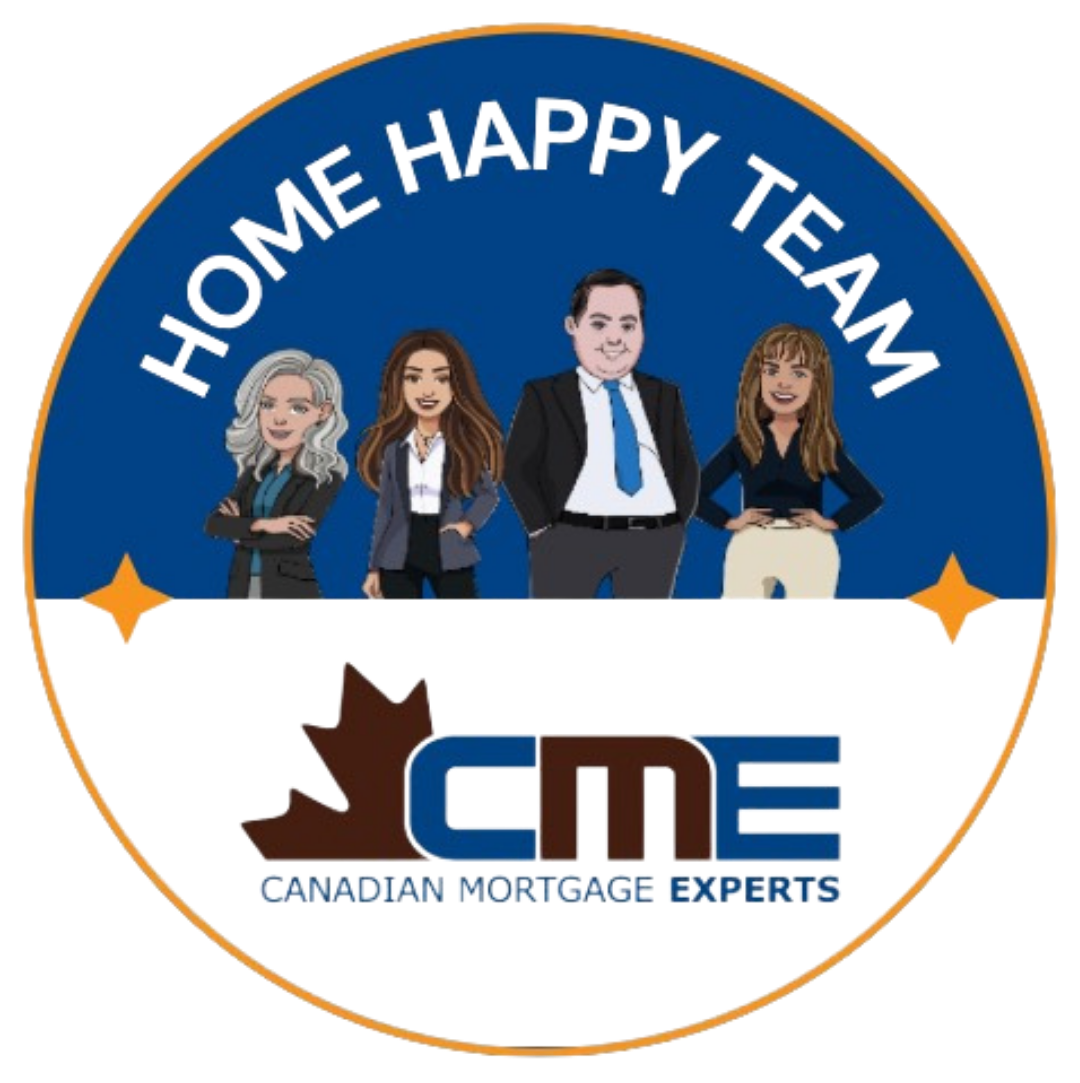Refinancing is the process of getting a new mortgage, in place of your current one, on a property you own. If you are looking to refinance a property you own, great, you have certainly come to the right place. We’re happy to help! We have helped thousands of clients of clients do exactly this and have the experience to make your time working with us a lot of fun! That’s the goal!
Methods of Refinancing
01 New Mortgage
Break your existing mortgage contract early and obtain a new one with either the same or a new lender. This allows you to access up to 80% of your home’s value. There is a penalty to break your current mortgage, administration, and legal fees to consider.
02 HELOC
Add a home equity line of credit (HELOC). This gives you discretionary access to your home’s equity (between 65-80% of its appraised value). You’re responsible for monthly interest only payments on the outstanding balance, so this is best suited to disciplined people. There’s no penalty, so it can be a good way to
finance a project without modifying your mortgage.
03 BLEND & EXTEND
Blend and extend your existing mortgage. Your mortgage lender may offer you a ‘blended rate’, which blends your current mortgage rate plus any additional money you borrow at current market rates. Blended rates are usually higher than competitive mortgage rates, so compare the blended rate against the savings if you break your mortgage.
Learn more about refinancing your mortgage here.
Benefits of Working with an Independent Mortgage Professional
If you're looking to refinance your mortgage, working with an independent mortgage professional will save you money and provide you with better options than dealing with a single financial institution.
Finance Your Home Renovations
If you’re looking to complete some home renovations but don’t quite have enough cash to move forward, consider refinancing your home. Use the equity you have built up to increase the value of your home.
Reposition Your Debts Through Mortgage Financing
If you’re a homeowner looking to optimize your finances, consider taking advantage of your home’s equity to reposition any existing debts you may have.
4 Ways to Access your Home Equity
If you’ve been a homeowner for many years, likely your property value has increased significantly. One advantage of homeownership is the opportunity to build equity. Learn about how you can access that equity.
Learn more about how credit impacts a home purchase
Getting a Mortgage After Bankruptcy
After a bankruptcy or consumer proposal, the key to financial success is getting your finances under control as quickly as possible. If you're looking to refinance your mortgage, these principles apply to you!
How to Handle Missed Payments
If you’ve missed a payment on your credit card or line of credit and you’re wondering how to handle things and if this will impact your creditworthiness down the road, here’s the plan for you to follow.
Mortgage information to help you make the best financial decisions
Standard or Collateral Charge Mortgage. What's best for you?
When arranging mortgage financing, your mortgage lender will register your mortgage in one of two ways. Either with a standard charge mortgage or a collateral charge mortgage. Learn more about the differences here.
Lowering Your Overall Cost of Borrowing
Choosing a mortgage with a low rate is part of reducing your overall borrowing costs, but it’s certainly not the only factor. Learn more about what you should consider when securing mortgage financing.
Can you Trust Online Mortgage Calculators?
Online mortgage calculators should never be relied on for mortgage qualification purposes. Lenders consider much more than numbers when assessing your suitability for a mortgage.














